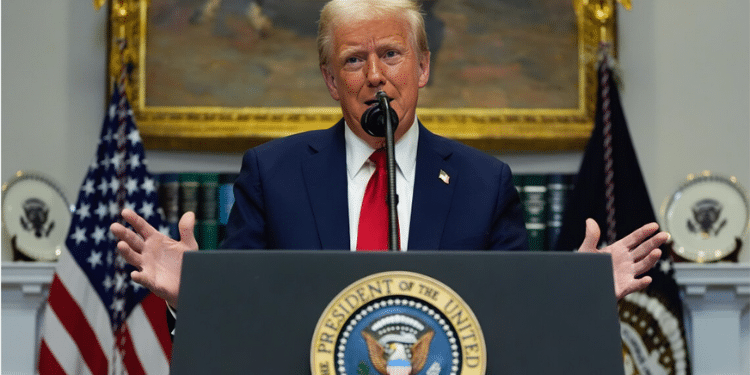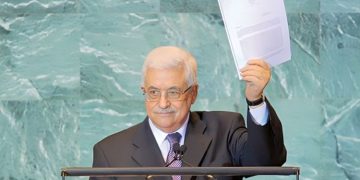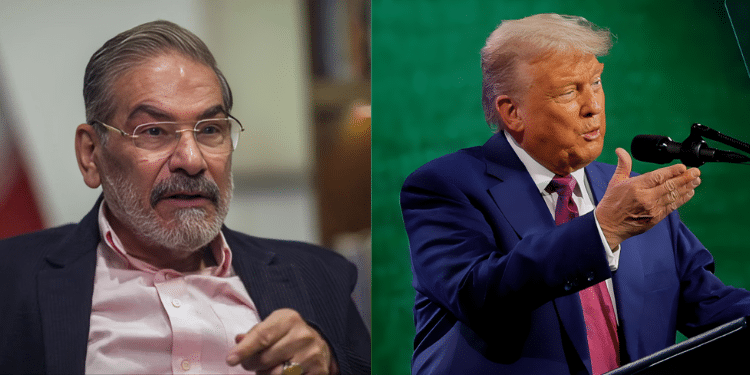Just hours after US President Donald Trump declared a “complete and total ceasefire” between Iran and Israel, Iran has launched a new wave of missile strikes targeting Israel, resulting in at least three fatalities.
Iranian Foreign Minister Seyed Abbas Araghchi had earlier dismissed claims of any formal agreement, stating that Iran might consider a ceasefire only if Israel ceased its operations.
The renewed attacks indicate Iran’s rejection of Trump’s ceasefire appeal. A similar pattern was seen when Trump urged a ceasefire during tensions between India and Pakistan following India’s Operation Sindoor.
The President’s announcement came shortly after Iran fired missiles at Al Udeid Air Base in Qatar, a major U.S. military installation, responding to prior U.S. airstrikes.
The attack was reportedly preceded by warnings to avoid casualties.
Earlier in the day, both the British and US embassies in the country sent emails to citizens in Qatar advising them to shelter in place.
Also Read: Can President Trump Order Military Action Without Congress Approval?
Qatar hosts the largest US base in the region, which is thought to be a possible target of Iranian strikes in retaliation for the American strikes on its nuclear sites on Sunday morning.
Trump later commented that Iran had likely “gotten it all out of their system” and suggested it was time to pursue “Peace and Harmony in the Region,” urging Israel to follow suit.
Trump Call for Iran and Israel Ceasefire
In an announcement posted on Monday night, Trump congratulated both nations, saying, “This is a War that could have gone on for years, and destroyed the entire Middle East, but it didn’t, and never will!”
Iranian Supreme Leader Khamenei Bangla appeared to reject the premise of surrender or compromise outright.
“Those who know the Iranian people and their history know that the Iranian nation isn’t a nation that surrenders,” he wrote.
The escalation shows the fragility of the diplomatic groundwork laid in a frantic 48-hour window following a series of retaliatory strikes between the US, Iran, and Israel.
Also Read: US Embassy Issues New Travel Advisory on Kenya Ahead of June 25 March
US Diplomacy
Iran would initiate a 12-hour ceasefire followed by Israel, leading to a full “official end” to the conflict within 24 hours. However, the official also acknowledged concern inside the administration that Iran’s intentions remained uncertain.
Tuesday’s attack now throws the entire deal into doubt, reigniting fears that the region could plunge into a wider and longer-lasting war.
Israel’s government has yet to make an official statement following the breach.
The international community has called for restraint as questions grow over whether Trump’s unconventional diplomacy can hold sway in one of the world’s most volatile conflicts.
Follow our WhatsApp Channel and X Account for real-time news updates.














































































